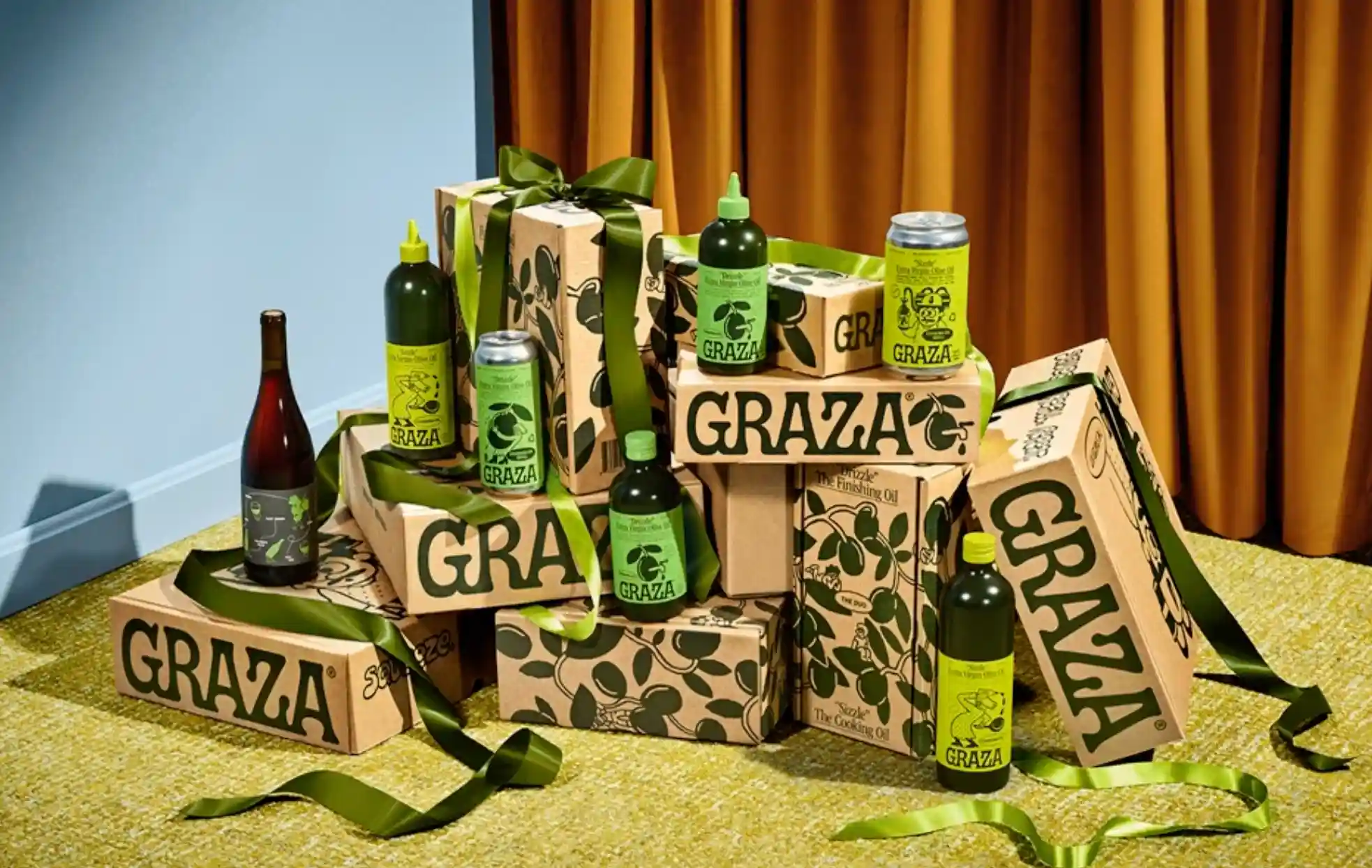Richest Royals in the World 2025: The Billionaire Kings, Sultans & Princes
Updated on
Published on

Forget ceremonial crowns—today’s richest royals in the world hold real wealth in their own names. This list ranks only those with personal fortunes, not Crown estates or inherited roles like the British monarchy. From oil sheikhs and energy-rich kings to investment-savvy European princes, these Royals have individual net worths that rival tech tycoons. These are the richest princes, princesses, kings, and queens whose personal wealth defines modern royal influence.
1. Sultan Hassanal Bolkiah – Brunei (~$50 billion)
Sultan Hassanal Bolkiah of Brunei towers above most royals with an estimated personal fortune of $50 billion, making him the richest prince in the world. His wealth is tightly tied to Brunei’s oil and gas reserves, enriched further by a fleet of luxury cars—reportedly around 7,000—private jets and yachts, and real estate holdings. Unlike many royal figures, the Sultan’s fortune comes from directly owned national resources and private wealth, not ceremonial titles—solidifying his reign as a wealthy monarch and one of the richest royals in the world.
- Net worth ~ $50 billion from personal ownership of oil and gas wealth
- Known for staggering luxury: thousands of vehicles, jets, yachts, and palaces
2. King Maha Vajiralongkorn (Rama X) – Thailand (~$43 billion)
Thailand’s King Maha Vajiralongkorn, or Rama X, holds a personal fortune estimated at $43 billion, making him the richest king globally. His wealth primarily comes from his control over the Crown Property Bureau, encompassing extensive real estate—reportedly 17,000 properties in Bangkok—stakes in cement companies, banks, and energy. With his fleet of 38 jets, 300 luxury cars, and 52 golden ceremonial boats, his opulence is unmistakable. As the world’s richest living monarch, King Vajiralongkorn is a prime example of royalty with tangible financial power.
- Net worth built from personal real estate, corporate stakes, and Crown-controlled assets
- Symbolizes modern royal wealth: luxury jets, cars, and ceremonial regalia
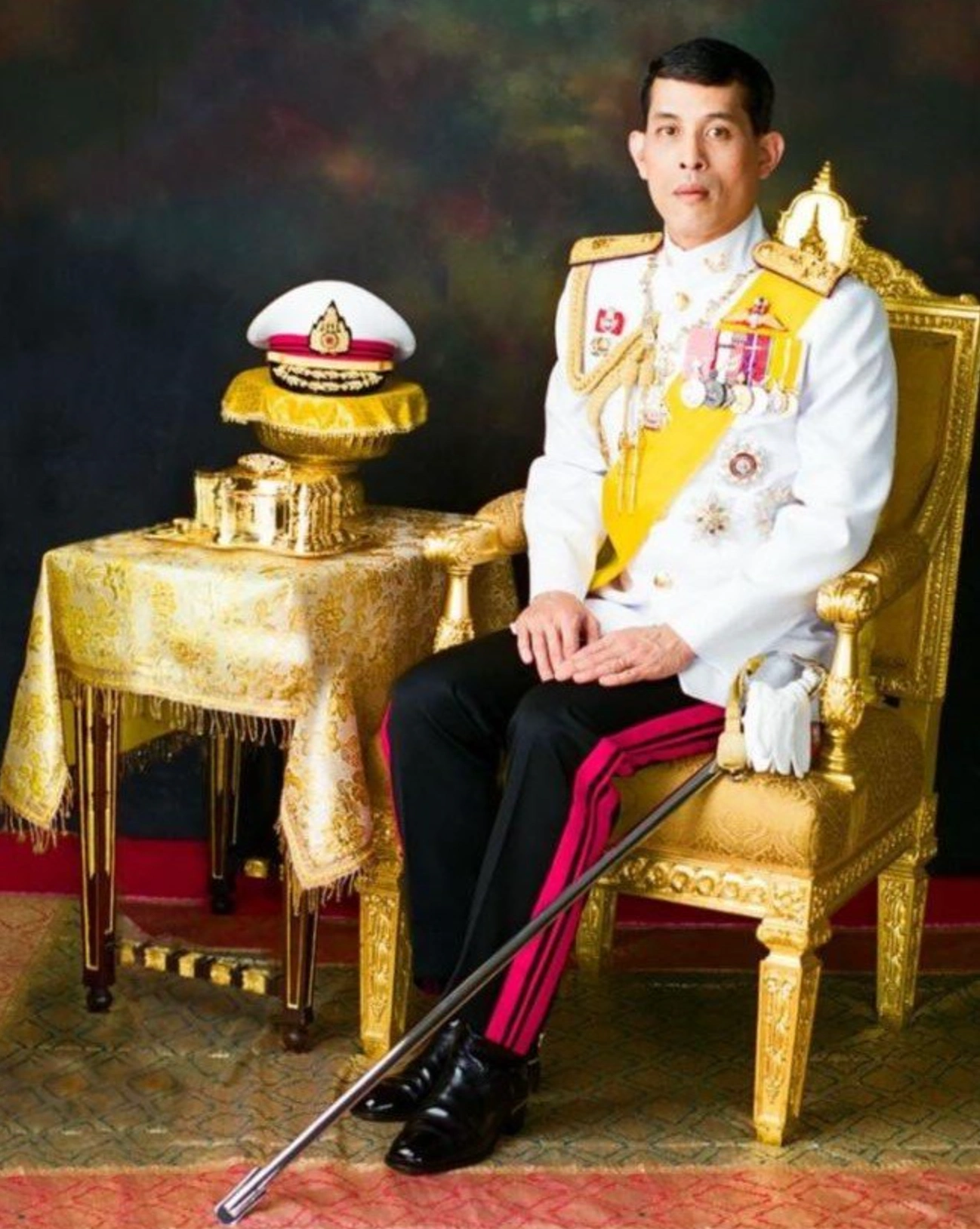
3. King Salman bin Abdulaziz Al Saud – Saudi Arabia (~$18 billion)
King Salman of Saudi Arabia holds around $18 billion in personal assets, making him one of the richest kings alive. Beyond his ceremonial role, his wealth is derived from extensive royal holdings, oil income, and private investments including real estate and stakes in national businesses. Although his fortune pales compared to Brunei or Thailand, King Salman is among the richest royals in the world and continues to exert immense economic influence in the Middle East.
- Personal wealth includes vast royal holdings and private equity tied to oil revenues
- Continues to influence global energy markets via personal and royal interests
4. King Mohammed VI – Morocco (~$2.1 billion)
King Mohammed VI of Morocco holds a personal fortune of roughly $2.1 billion, placing him among Africa’s wealthiest monarchs. Through majority stakes in Société Nationale d’Investissement (SNI) and Siger Holding, he controls major Moroccan industries: banking, mining, agriculture, and telecom. His personal investments in real estate and hospitality further complement his royal assets—solidifying his status among the richest royals in the world.
- Net worth driven by majority stakes and investments in Morocco’s top enterprises
- Controls vast personal holdings beyond ceremonial royal wealth
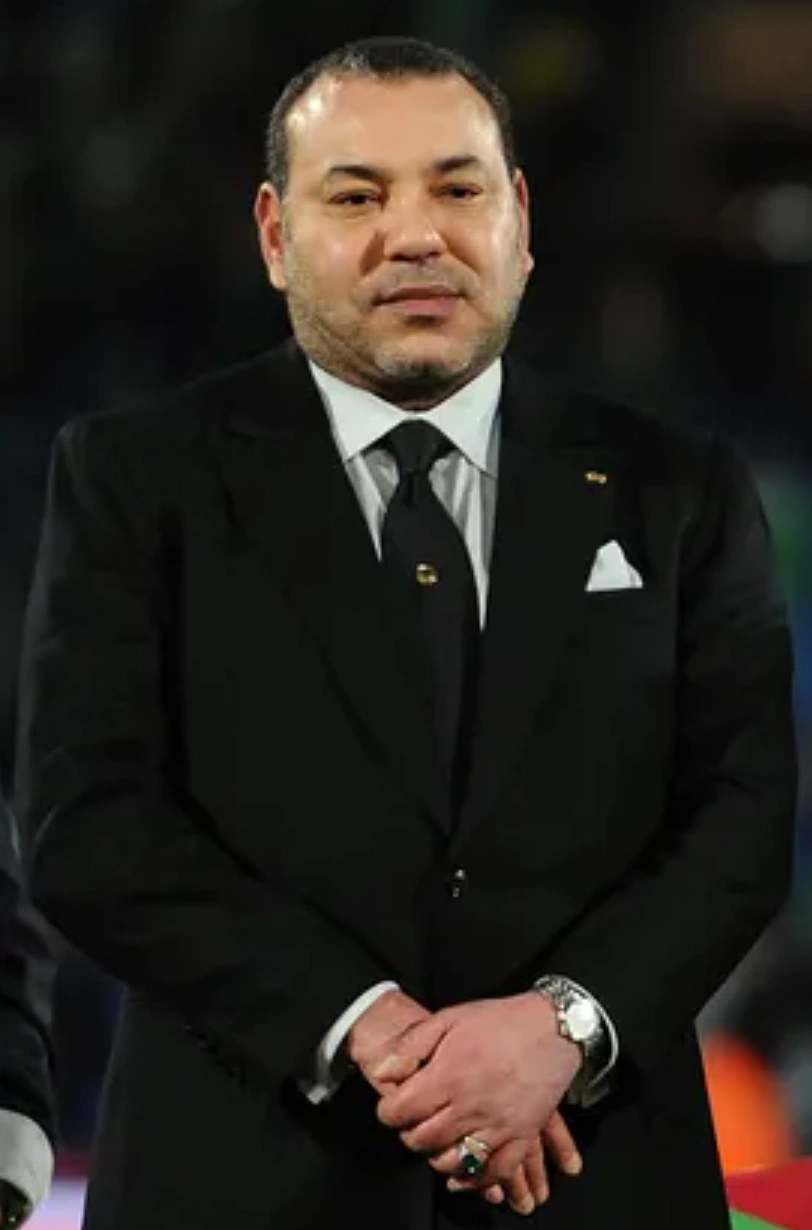
5. Grand Duke Henri – Luxembourg (~$4 billion)
Grand Duke Henri of Luxembourg is Europe’s wealthiest monarch not tied to the UK crown, with a personal net worth estimated at $4 billion. His wealth is built on a portfolio of real estate—including the Grand Ducal Palace—and personal investments in finance and precious assets. He’s consistently identified as the richest royal in Europe, surpassing British royals in personal net worth.
- Holds valuable real estate and investments in finance and precious jewels
- Wealth is independently held, not tied to state finances or Crown estates
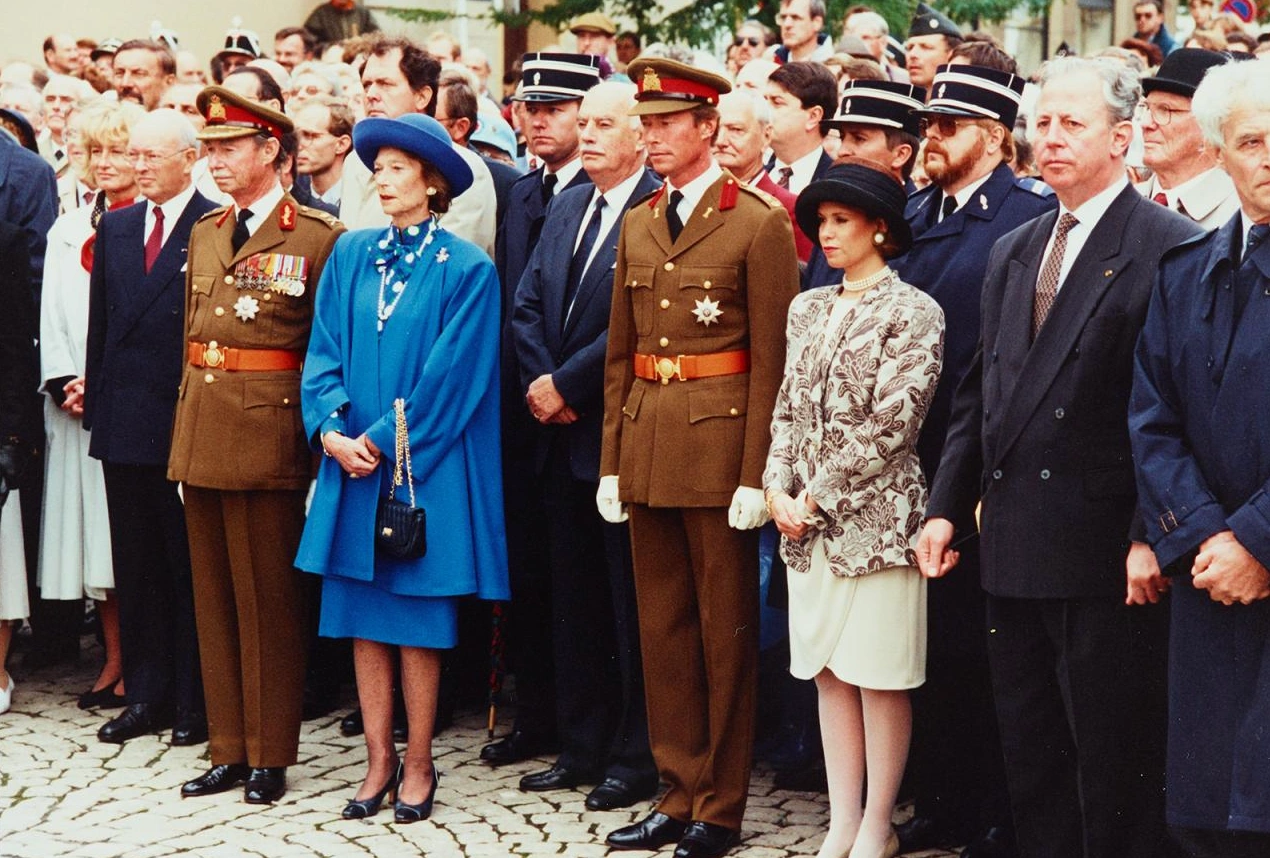
6. Prince Hans-Adam II – Liechtenstein (~$3.5 billion)
Prince Hans-Adam II of Liechtenstein has a personal net worth of around $3.5 billion, largely due to his ownership of LGT Bank and extensive art and real estate assets. His private managing of investment assets—not tied to public revenues—classifies him among the richest princes globally. His wealth highlights how small-state rulers can build billionaire personal fortunes.
- Wealth tied to LGT Bank, real estate, and significant art collections
- Represents royal wealth built from private investment, not public money
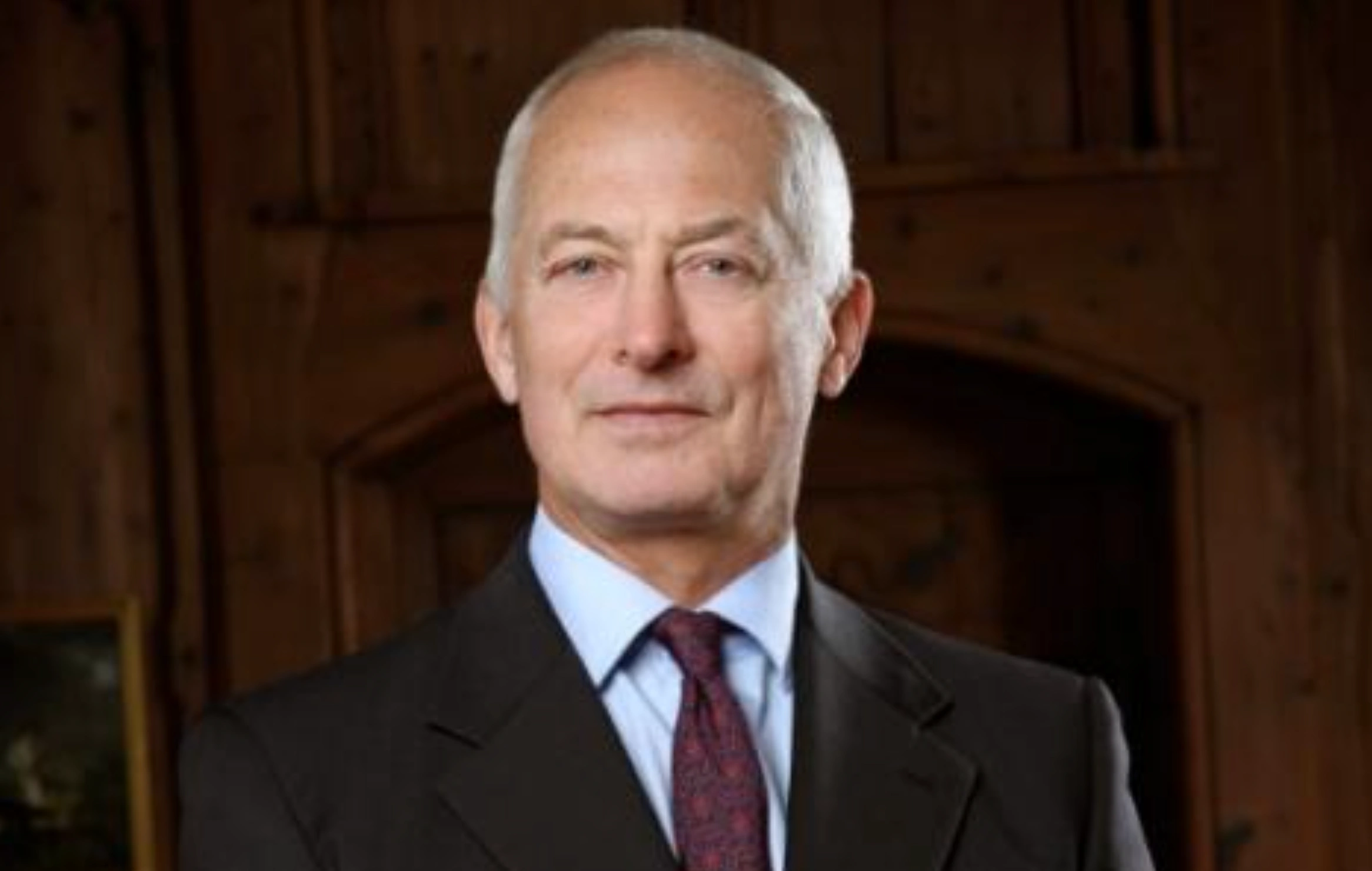
7. Prince Albert II – Monaco (~$1 billion)
Prince Albert II of Monaco is among the world’s wealthiest princes with an estimated personal net worth near $1 billion. His wealth is derived from real estate holdings in Monte Carlo, stakes in tourism and casino industries, and philanthropic ventures. Though smaller in scale, his fortune makes him the richest prince in Monaco and one of the richest royals in modern Europe.
- Net worth comes from real estate, tourism, and casino investments
- One of Europe’s richest royal heirs with independently held assets
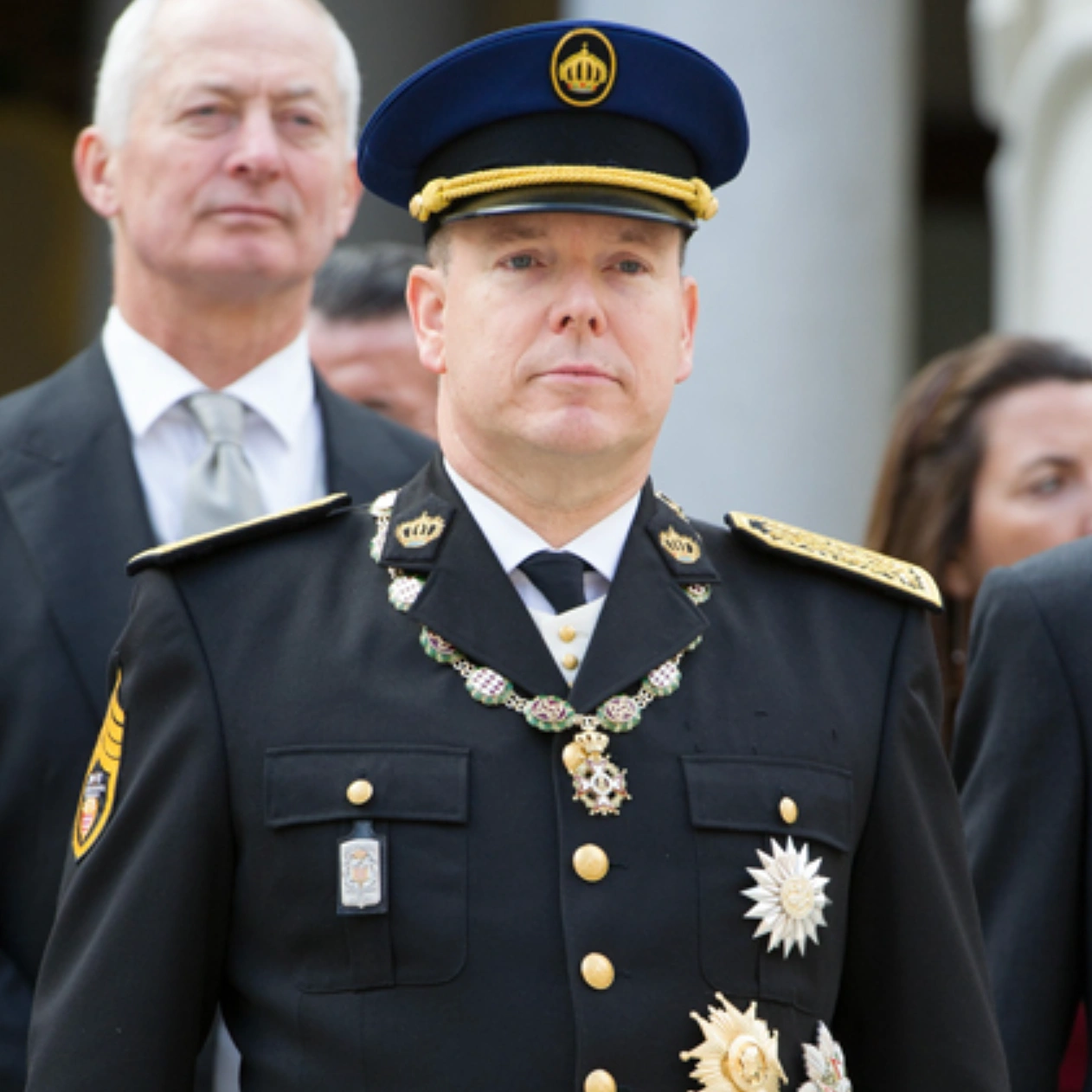
Why Not the British Royals?
British royals—including King Charles III—are excluded because their wealth resides in the Crown Estate, which is state-owned and not personal. King Charles’s fortune is estimated at ~$772 million via personal assets, but not accessible as personal wealth. As a result, they don’t meet the criteria for “richest royals in the world.”
- Crown Estate assets are public, not personal, thus not included
- King Charles’s ~$772 million is nominal and dwarfed by listed royals
A Billionaire Monarch Mix
From Asian oil kings and Middle Eastern sheikhs to European dukes and princes, this rank highlights the richest royals in the world based on their personal, not state, fortunes. These living monarchs—whether kings, sultans, or princes—manage wealth rivaling multinational corporations. Their influence reaches far beyond ceremonial roles and into global finance, industry, and real estate.
- Ranks based on personal net worth—only living royals included
- Reshapes our understanding of modern royal power and capital
FAQs
Who is the richest royal alive in 2025?
Sultan Hassanal Bolkiah of Brunei leads the pack with a personal fortune of around $50 billion, edging out Thailand’s King Vajiralongkorn.
Which European royal is the richest?
Grand Duke Henri of Luxembourg is Europe’s richest royal, with an estimated net worth of $4 billion derived from independent personal assets.
Is there a billionaire princess today?
No living princess currently ranks in the billionaire league; the vast fortunes belong to kings, sultans, and princes with personal holdings.
Why don’t UK royals make the list?
The British monarch’s wealth is largely tied to the Crown Estate, which is state-owned. Personal wealth is less than $1 billion and thus excluded.
Your Next Reads on Business Wealth:




